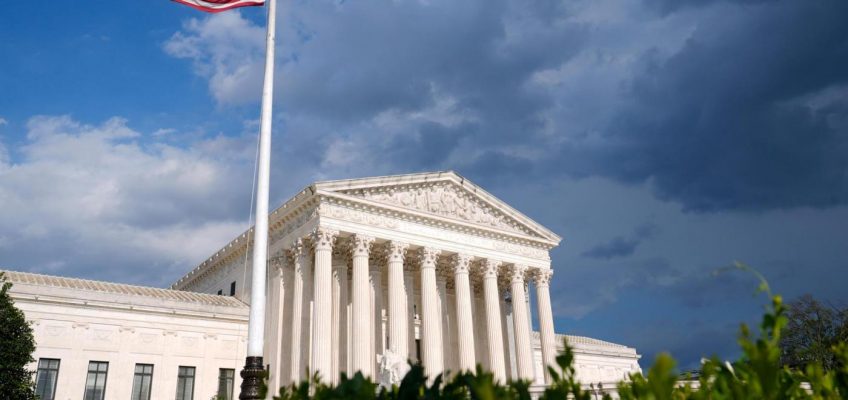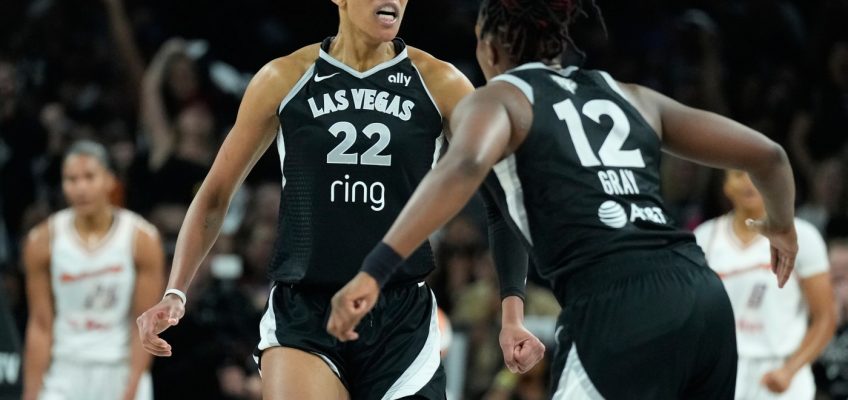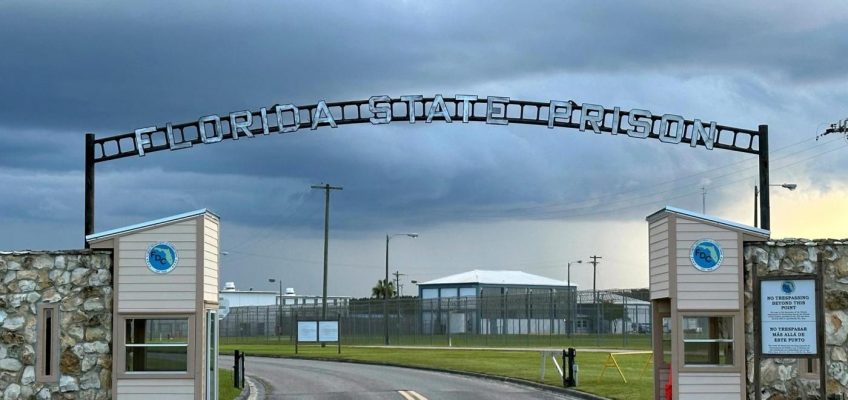The Red Mass, a long-standing tradition marking the start of the U.S. Supreme Court’s term, brings judges, lawyers and public officials together at Washington’s St. Matthew’s Cathedral to pray for wisdom and moral clarity in the administration of justice.
Since the 1950s, this ecumenical service — welcoming for people of all faiths and belief systems — has been a sort of opening ceremony attended by many Supreme Court justices.
This year none of them attended due to security concerns.
A man allegedly carrying a Molotov cocktail was arrested outside St. Matthew’s Cathedral, police said Sunday, underscoring the heightened security concerns surrounding the court in today’s polarized climate.
Late last week, a 29-year-old was sentenced to more than eight years in prison for attempting to assassinate Supreme Court Justice Brett Kavanaugh, after her 2022 arrest near his home with plans to kill him and then herself. Earlier this year, Justice Amy Coney Barrett’s sister faced a bomb threat.
In these charged times, the nation’s highest court will soon weigh in on a handful of polarizing cases. Emotions are sure to run hot.
But the court must remain cool — and do its important work.
The justices’ job is not to please the public or politicians, but to interpret the Constitution faithfully — even when that means angering one side (or both sides). The court was never meant to be the most popular branch, only the most principled one.
Its October term kicked off Monday and will run through late June or early July. Tuesday, the court heard arguments in two cases — Chiles v. Salazar, which tests whether Colorado’s ban on “conversion therapy” violates free speech, and Barrett v. United States, which examines how double-jeopardy principles apply to a federal firearm offense.
Other cases on the docket this session cover such topics as gun rights, transgender athletes in sports and the death penalty.
They’ll also be reviewing a slew of cases related to President Donald Trump and his presidential powers, tariff policies and limits to executive authority. All of which are certain to bring emotions and tensions to a boiling point.
And so we return to the Molotov cocktail outside St. Matthew’s Cathedral, a chilling reminder that in an age of anger even a symbolic and traditional act meant to foster unity can feel dangerous. The court must not let fear — or fury — dictate its work.
The coming months will test not only the justices, but the country’s capacity to accept decisions we dislike without resorting to rage. If the court loses its ability to deliberate freely, every institution that depends on the rule of law grows weaker.
We noted with approval words from Justice Amy Coney Barrett when she spoke at the Aug. 18 Seventh Circuit Judicial Conference in Chicago.
“We know how to argue, but we also know how to do it without letting it consume relationships,” she said.
We’d encourage members of the public to heed these words — even if they take issue with the results of how the justices interpret the Constitution.
— The Chicago Tribune




